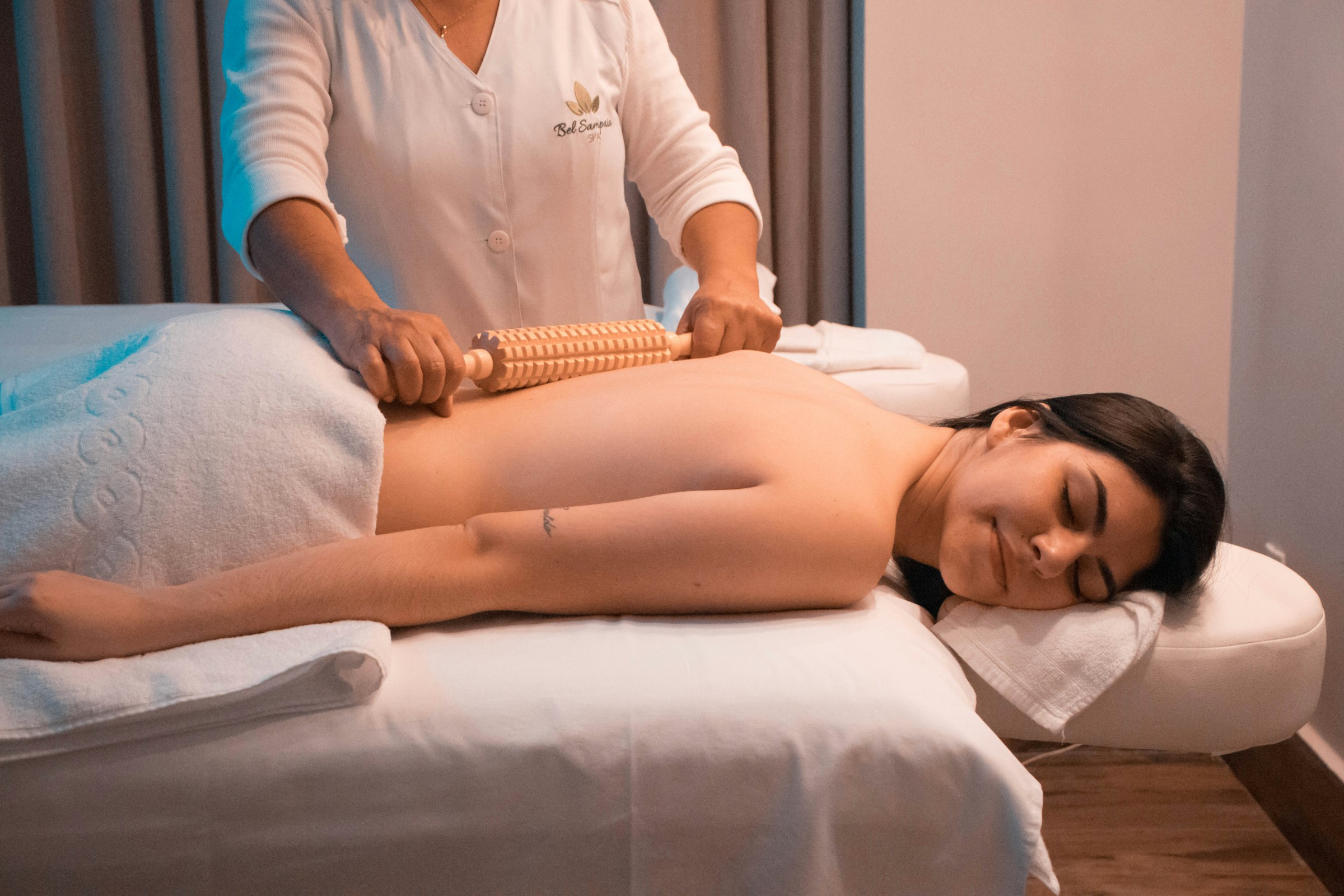Streamlining operations, leveraging technology, and fostering a collaborative work culture can help hoteliers enhance their business without compromising on guest satisfaction.
Improving efficiencies in hotels are a balancing act – go too hard, too fast and hoteliers may negatively impact guest satisfaction. But by streamlining operations, leveraging technology, and creating a harmonious work environment hoteliers are able to boost their business and provide exceptional guest experiences.
Here are eight tips for hoteliers to improve efficiencies across their business without harming the guest experience.
1. Leverage Property Management Systems (PMS)
An integrated property management system such as SIHOT.PMS is essential for any hotel aiming to make their operation more efficient. By automating tasks like check-ins, check-outs, and room allocations, a PMS can significantly reduce manual errors and save time. Additionally, a well-implemented PMS can provide insights into guest preferences, helping your team offer tailored experiences that drive guest engagement.
2. Adopt Mobile Housekeeping Solutions
Efficiency in housekeeping is key to maintaining high levels of guest satisfaction. Tools such as our housekeeping app – SIHOT.MOBILE – can transform your housekeeping operations by digitising room status updates, assigning tasks, and tracking progress. This technology allows for real-time communication between front desk, housekeeping and maintenance teams, minimising delays in rooming guests, and ensuring rooms are prepared quickly.
3. Optimise Staffing Levels
Finding the right balance in staffing is crucial to efficiency – a hotelier needs enough staff to meet (and exceed!) guest expectations and needs, but with profit margins increasingly under pressure, you don’t want to be paying staff to stand around with nothing to do. Consider having flexible staff – for example, sharing reception staff between the spa and golf shop, or across different restaurants – who can jump in at different parts of the business throughout their shift, depending on where the demand is. Conduct a thorough analysis of peak and off-peak times to allocate staff accordingly. By using forecasting tools, you can predict occupancy trends and adjust staffing levels, reducing labour costs while maintaining service quality.

4. Implement Self-Service Options
Offering self-service options like mobile check-in, keyless entry, and self-service kiosks can greatly improve efficiency. These solutions reduce wait times at the front desk, allowing guests to have a seamless arrival experience. They also free up staff to focus on other important tasks, contributing to overall operational efficiency.
5. Streamline Communication Channels
Effective communication is at the heart of efficient hotel operations, yet – as Glion hospitality business school found – within hotels “communication faces the additional challenge of time constraints. Given the fast-paced nature of this sector, instant communication and swift decision-making are vital” – both to guest experience and for staff to be able to succeed.
Ensure your team has access to reliable communication tools, such as team messaging apps or internal communication platforms. By centralising communication, you can avoid misunderstandings, speed up response times, and foster collaboration amongst departments.
6. Integrate Smart Technology
Smart technology can make a significant impact on hotel efficiency. Automated lighting and temperature control systems can reduce energy consumption and cost, while smart inventory management systems help keep track of supplies and minimise waste. Investing in these technologies can lead to long-term savings and improved sustainability.
7. Enhance Revenue Management
Effective revenue management is a key driver of hotel profitability. Use dynamic pricing tools to adjust rates based on demand, and analyse booking trends to identify opportunities for growth. By maximising revenue per available room (RevPAR), you can improve overall efficiency and increase profitability.

8. Foster a Culture of Continuous Improvement
Encourage your team to contribute ideas for improving efficiency. By fostering a culture of continuous improvement, you create an environment where everyone is focused on optimising operations and maximising revenue generation. Regular training sessions and feedback loops can help identify areas for enhancement and keep your staff engaged.
Improving efficiencies in your hotel requires a multi-faceted approach across the whole business, utilising clever technology, staffing, communication, and a commitment to ongoing improvement.
By implementing the tips above, hoteliers can create a more efficient business which delivers exceptional experiences for guests and maintains a strong bottom line. Start with small changes and build from there; you’ll soon see the benefits of a streamlined and efficient hotel operation.